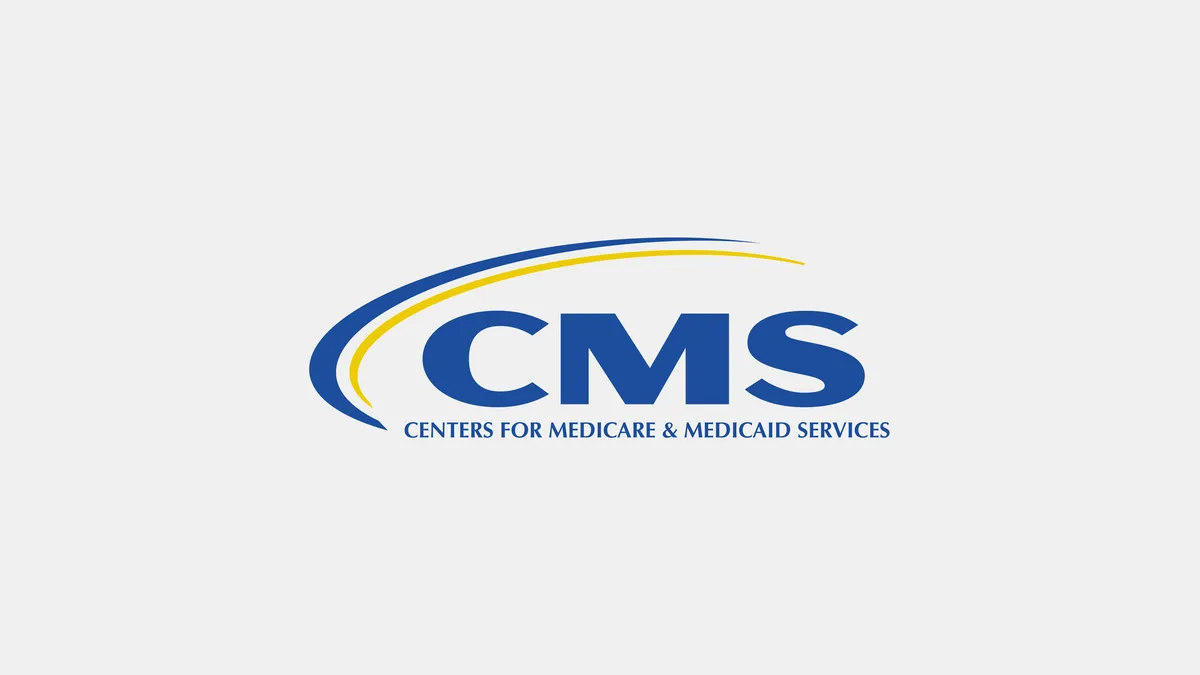Dive Brief:
- CMS added 11 services to the ambulatory surgical center (ASC) covered procedures list — including total hip replacements — in a final rule released Wednesday night, continuing the agency's efforts to shift more inpatient hospital care to outpatient settings.
- Some public comments opposed the addition of total hip replacements to the procedures list, claiming that the move could jeopardize patient safety and even result in higher costs for patients. However, CMS countered these claims and said in the rule that "there are a number of less medically complex Medicare beneficiaries that could appropriately receive [total hip arthroplasty] in an ASC setting." The agency did concede that patients could incur more costs for total hip arthroplasty, but said this is not unique to the procedure.
- Companies with hip procedure products like Stryker and Zimmer Biomet could potentially benefit from the rule changes.
Dive Insight:
Along with the 11 added services, CMS revised the criteria it uses for adding procedures to the ASC covered procedures list, allowing an additional 267 musculoskeletal-related services to be covered by Medicare if conducted in an ASC. The agency also moved forward with its proposal to phase out the Inpatient Only List (IPO) over the next three years, which will eventually allow about 1,700 procedures to be conducted in outpatient facilities and covered by Medicare.
The changes are part of the Outpatient Prospective Payment System and Ambulatory Surgical Center calendar year final rule and will take effect Jan. 1, 2021.
Bill Prentice, CEO of the Ambulatory Surgery Center Association, praised the changes in an emailed statement, saying CMS recognized that "ASCs are increasingly able to safely provide a greater range of services as medical practice evolves."
ASCs have already been performing total hip replacements on patients with commercial insurance, but it is still unclear how many more hip procedures and other services will now shift to these facilities, a spokesperson for ASCA said in an email. The number of procedures that eventually migrate to the ASCs is dependent on which payment policies Medicare adopts for the procedures, device costs, and patient copays.
The final rule continues CMS' push to move care to outpatient settings. In 2019, CMS moved total hip replacements off the IPO list and added total knee arthroplasty, knee mosaicplasty and three coronary intervention procedures to the ASC covered procedures list, according to a Cowen analyst report.
CMS said that allowing more services in an outpatient setting could save patients money, and the development of less invasive technologies allows for safety standards whether in an inpatient or outpatient setting. The agency also noted that currently there is a need to allow for more access to care due to the effects of the coronavirus pandemic.
"Because the pandemic has forced many ASCs to close, thereby decreasing Medicare beneficiary access to care in that setting, we believe allowing greater flexibility for physicians and patients to choose ASCs as the site of care, particularly during the pandemic, would help to alleviate both access to care concerns for elective procedures as well as access to emergency care concerns for hospital outpatient departments," the rule stated.
The medical device industry will be forced to navigate a changing procedure landscape that is shifting to outpatient facilities. Orthopaedic, spine and cardiac procedures will be some of the fastest-growing services taken up by ASCs through the mid-2020s, according to a 2019 report from Bain & Company. However, the analysts wrote that medtech companies will have to adapt commercial models that can be too complex and expensive for the ASC market.
Nate Miersma, senior director for ASC with Stryker, said in an emailed statement that CMS’ rule will give patients more power in deciding where they would like to receive care, potentially save patients money, and allow them the chance to better recover at home, as ASCs largely specialize in same-day care.
“From an industry standpoint, this ruling will encourage providers to consider the shift to ASCs,” Miersma said
CMS also approved five device transitional pass-through applications as part of the final rule, including the CustomFlex Artificial Iris from Veo Opthalmics, Boston Scientific's EXALT Model D Single-Use Duodenoscope, and Stryker's SpineJack Expansion Kit.
This story has been updated to reflect comments from Stryker and the ASCA.











